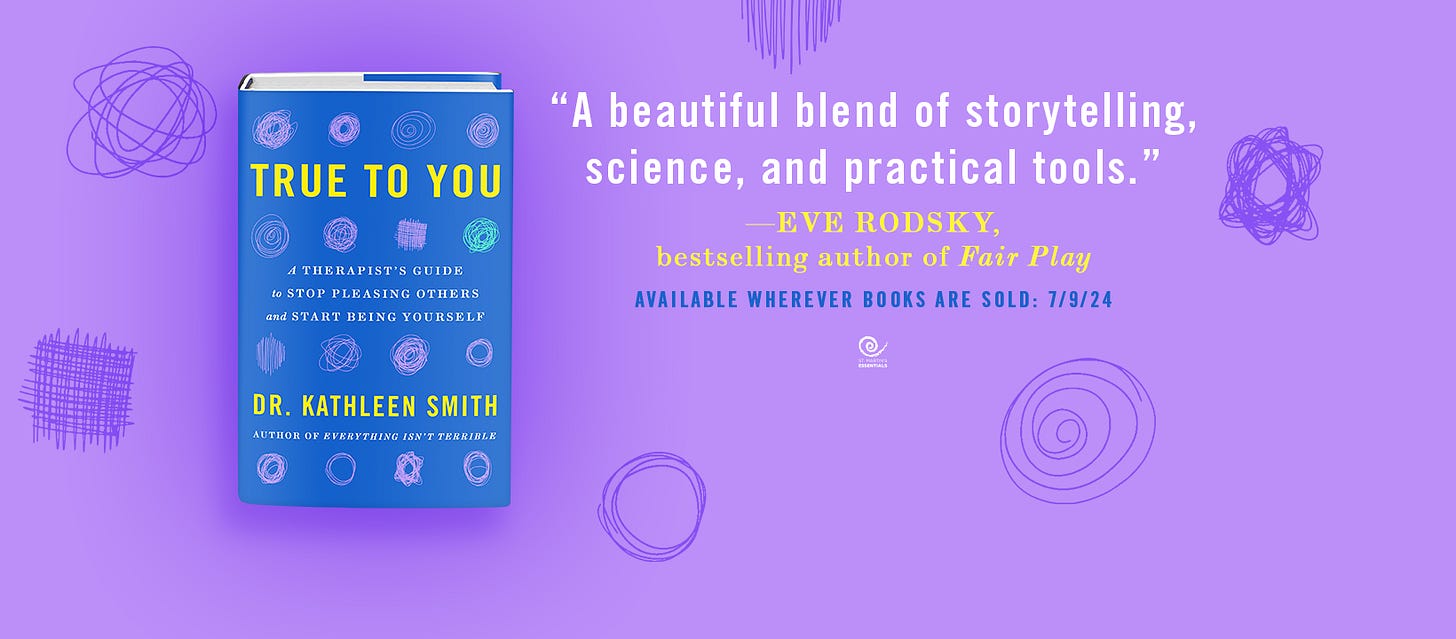Togetherness, individuality, and the downside of being a pommel horse guy.
Seeing the value in encountering our own immaturity.
Few things fascinate me more than togetherness. I will consume any content about cults, internet fandom, MLMs, Greek life, political movements, or religious revivals.
The irony is that I absolutely love to go it alone. I’m more comfortable being a specialist like pommel horse guy, helicoptered in to help a family or organization, than being a member of a team. I still have nightmares about group projects in high school.
But there can be just as much immaturity in individuality as there is in the togetherness. Anxiety drives us to give in to the group, or give up on the group, and some people prefer one flavor more than the other.
How do you see the “immature I” and the “immature we” showing up in your relationship systems?
The “immature I” might look like:
“This organization, family, etc. is a mess. I want nothing to do with this.”
The “immature we” might look like:
“We need you to get on board with this or else.”
I’m thinking of that infamous quote from pastor Mark Driscoll, “You either get on the bus or you get run over by the bus. Those are the options. But the bus ain’t gonna stop.”
The immature we can be a murderous bus, but it can also be deceptively nurturing. Statements like, “We want everyone to feel heard and supported,” while well-intentioned, can reflect an over-responsibly for individuals, an inability to tolerate the anxiety that individuality stirs up. If you’ve ever been in a relationship or organization where there is this over-focus on feelings, an urgency for you to be comfortable, you know how oppressive this can feel. Often very little gets done in this climate.
Is there such a thing as a “mature we,” or is it simply a collection of people working to define and develop their “mature I,” while allowing others to do the same?
Being a social creature means there are moments when we have to table our own thinking. But how do you know when it’s a good time to take a position, and a good time to keep your mouth shut? How do you tell the difference between a thoughtful “going along” and an anxious one?
We exist in such a press release culture, where people feel pressured to take positions on every issue and broadcast them on social media as quickly as possible. How much of this is about communicating and how much of it is about managing anxiety? About not being run over by the bus?
The mature “I” isn’t just about saying what you believe. It can also look like:
Showing up and staying in contact
Not getting in the way of other people’s efforts to get more responsible for themselves
Trying not to deposit your anxiety into the relationship patterns
Learning more and developing your thinking
Allowing new information to challenge your thinking
I might be more comfortable on the outside of things, but the inside is where I’ll encounter my own immaturity. Perhaps the opposite is true for you. We all have ways we can develop more versatility in our relationships, the capacity to be a more of a leader, more of a team player, or more of a specialist. The capacity to speak up, or the capacity to be more interested in what others are saying.
Questions:
How does the “immature we” show up in your relationships, family, or other groups? How do you participate in this?
How does the “immature I” show up in how you relate to others?
Where are there opportunities for you to encounter your own immaturity and develop more versatility as an individual?
News from Kathleen
Kansas City, Aug 20th - I’ll be in the Kansas City area NEXT TUESDAY NIGHT for my next book event with Rainy Day Books. RSVP here.
Buy my new book, True to You! (If you didn’t get the preorder bonus workbook, just reply to this email letting me know where you bought the book, and I’m happy to email you one.) And if you read it, please consider viewing it! Those stars help others find it.
Want to read more of my writing? Read my books or my newsletter archives.
Email me if you want me to speak to your group. Follow me on Linkedin, Facebook, or Instagram.
Want to learn more about Bowen theory? Visit the Bowen Center’s website to learn more about their conferences and training programs.






Such a great reading. I agree with the statement don't over focused on the feeling because thing get done is little. Wanna know your opinion on how to differentiate the psychologically safe work environment and those over focuses feeling work environment. Thank you.